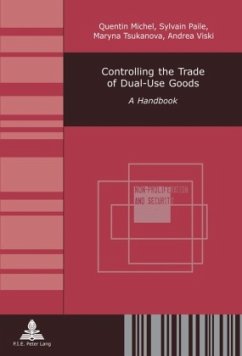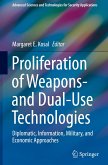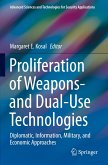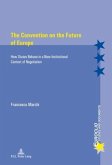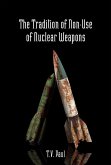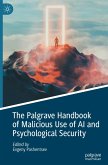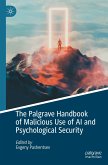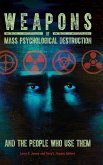In order to maintain international security - and above all to ensure that weapons of mass destruction and their means of delivery, be they nuclear, radiological, bacteriological or chemical, do not proliferate - it is now widely acknowledged in the international community that commerce may be, and in some cases must be, constrained. So-called «dual-use» goods, which can be used for either peaceful or non-peaceful purposes, are subject to such trade restrictions.
The regulations which govern this specific trade at global, regional or national level seek to ensure that the needs of legitimate economic activities are adequately balanced with the requirements of international security.
In this comprehensive handbook, the authors present and analyse the different levels of decision-making, the political and legal instruments in the hands of the authorities, the mechanisms aimed at balancing trade and security and the claims and challenges made by the respective actors in this area of strategic importance.
The regulations which govern this specific trade at global, regional or national level seek to ensure that the needs of legitimate economic activities are adequately balanced with the requirements of international security.
In this comprehensive handbook, the authors present and analyse the different levels of decision-making, the political and legal instruments in the hands of the authorities, the mechanisms aimed at balancing trade and security and the claims and challenges made by the respective actors in this area of strategic importance.

